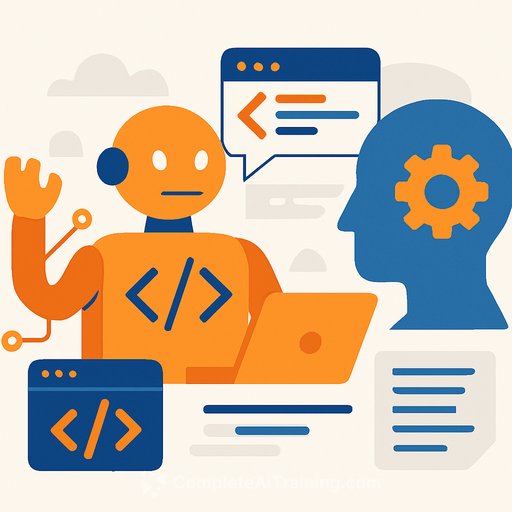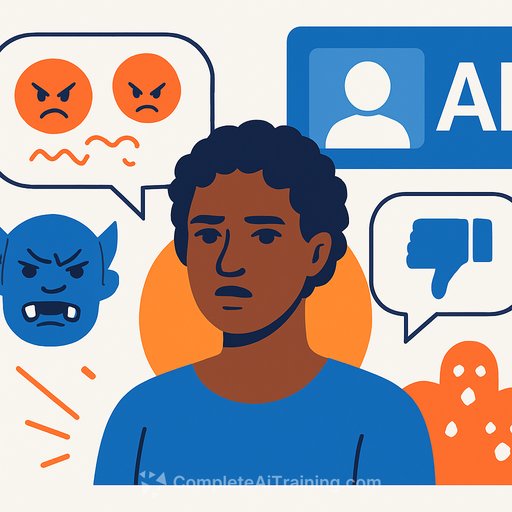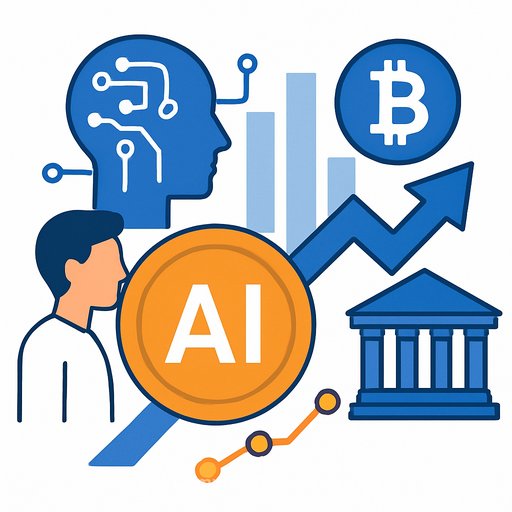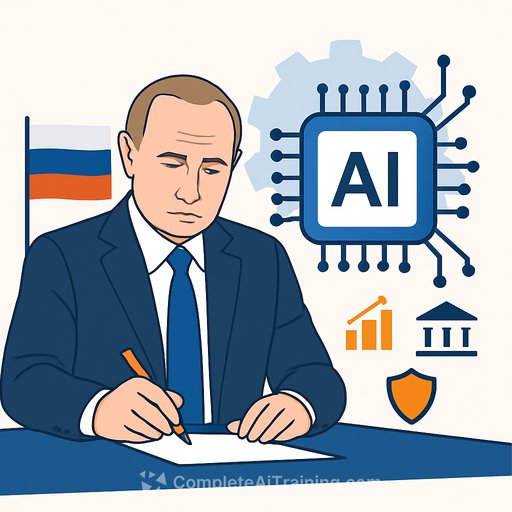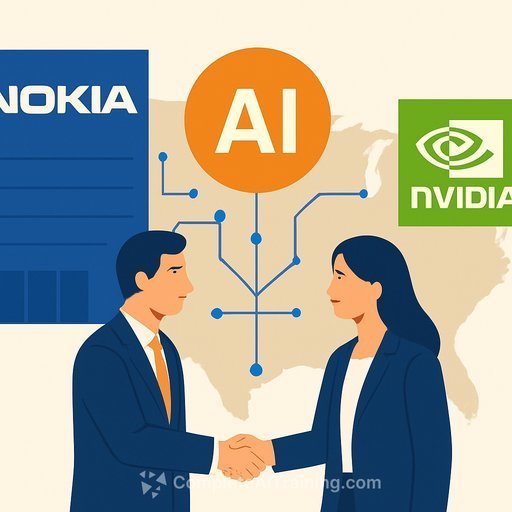Anthropic and The Future of Agentic Coding with Claude Code
What if your code could write itself, debug itself, and anticipate your next move? Agentic coding is making that possible. Tools like Claude Code are transforming software development into a process that's more intuitive, efficient, and creative. Instead of manually debugging every line, you collaborate with an AI that understands your goals and actively helps achieve them. This is not just an improvement—it's a fundamental shift in how software engineers work.
As AI handles routine tasks, developers can focus on innovation and strategic problem-solving. Anthropic’s Claude Code is at the forefront of this shift, offering features like context-aware help and autonomous workflows that integrate smoothly with existing environments. This article breaks down what Claude Code brings to the table and what it means for your development workflow.
Agentic Coding Revolution
Key Takeaways
- Agentic coding automates repetitive tasks, freeing developers to focus on innovation and strategy.
- Claude Code has evolved through continuous user feedback, improving functionality and reliability.
- Its features include context management, system prompts, integration tools, customization, and autonomous operations.
- Best use involves balancing AI assistance with manual control for complex challenges.
- The future points toward AI handling broader workflows and reducing cognitive load for developers.
How Coding Practices Have Evolved
Software development has long involved manually writing, debugging, and maintaining code—a process often filled with repetitive, time-consuming tasks like fixing syntax errors or managing dependencies. Today, AI agents automate many of these tasks, allowing developers to focus on designing systems and solving complex problems. Tools like Claude Code can intelligently edit code, find bugs, and even generate applications, reducing the cognitive load and enabling more creative, efficient work.
Claude Code: A Milestone in Agentic Coding
Claude Code, developed by Anthropic, marks a significant step forward in agentic coding. Early versions faced limitations in model capability and system support. Through ongoing development and user feedback, Claude Code has matured, moving from earlier iterations like Sonnet 3.5 to the advanced Opus 4.1. These improvements have made it a reliable and versatile platform that meets the diverse needs of modern software developers.
Key Features of Claude Code
- Context Management: Maintains a deep understanding of your codebase, offering intelligent suggestions and seamless navigation.
- System Prompts: Predefined commands that guide the AI for debugging, refactoring, or generating code, saving time.
- Integration Tools: Compatible with MCP servers and common development tools to fit smoothly into existing workflows.
- Hackability: Supports customization through CLAUDE.md files, hooks, and user-defined commands to fit your preferences.
- Autonomous Operations: Executes extended workflows with minimal supervision, freeing you to focus on strategic decisions.
Together, these features position Claude Code as a powerful assistant for a wide range of coding needs.
Best Practices for Using Claude Code
- Start with targeted questions to clarify objectives and help the AI understand your codebase.
- Organize tasks by difficulty—easy, medium, hard—to decide the level of AI involvement.
- Use Claude Code for research, prototyping, and automating repetitive work but keep manual control for critical or complex issues.
Following these guidelines helps integrate Claude Code effectively and maximizes its benefits.
The Future of Agentic Coding
Agentic coding will continue moving toward higher abstraction and autonomy. Future AI agents will focus on broader workflows, adapt to various coding environments, and reduce mental strain. This means developers can prioritize creativity and innovation instead of routine tasks. The path ahead points to AI tools that handle more complex operations independently, making software development more efficient and accessible.
Impact on Software Engineering
Agentic coding tools simplify the development process, opening opportunities for beginners to contribute meaningfully while giving seasoned engineers powerful options for rapid prototyping and debugging. Adapting involves mastering core programming and system design while embracing AI assistants like Claude Code to enhance productivity. This balance will keep developers competitive and effective in a changing software landscape.
Feedback-Driven Development: A Key to Success
Claude Code’s progress owes much to its feedback-driven approach. Active user engagement and tight feedback loops ensure the tool evolves to meet real needs, solving issues quickly and refining features continuously. Your input as a user shapes Claude Code’s future, making it more effective and user-friendly for everyone.
Advice for Engineers
Focus on solid programming fundamentals and system design while exploring how agentic tools like Claude Code can improve your workflow. Integrating these technologies will open new doors and streamline your processes. The future of coding is here—embrace these tools to stay effective and competitive.
For those interested in exploring AI tools and courses that complement this shift, check out Complete AI Training for up-to-date resources.
Your membership also unlocks:

